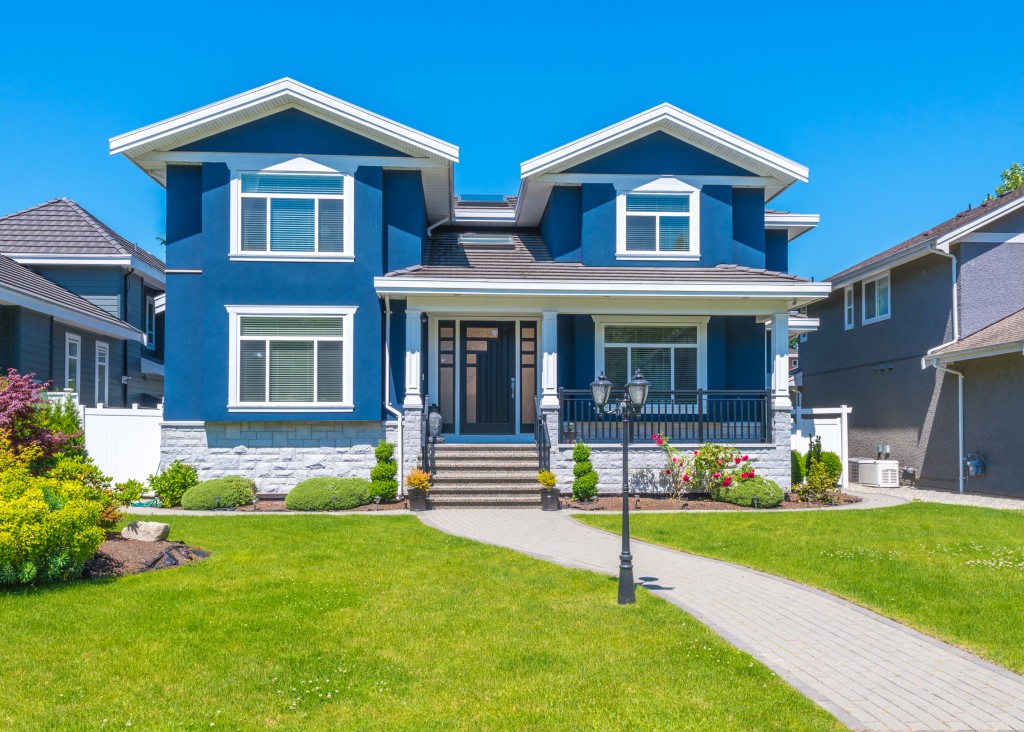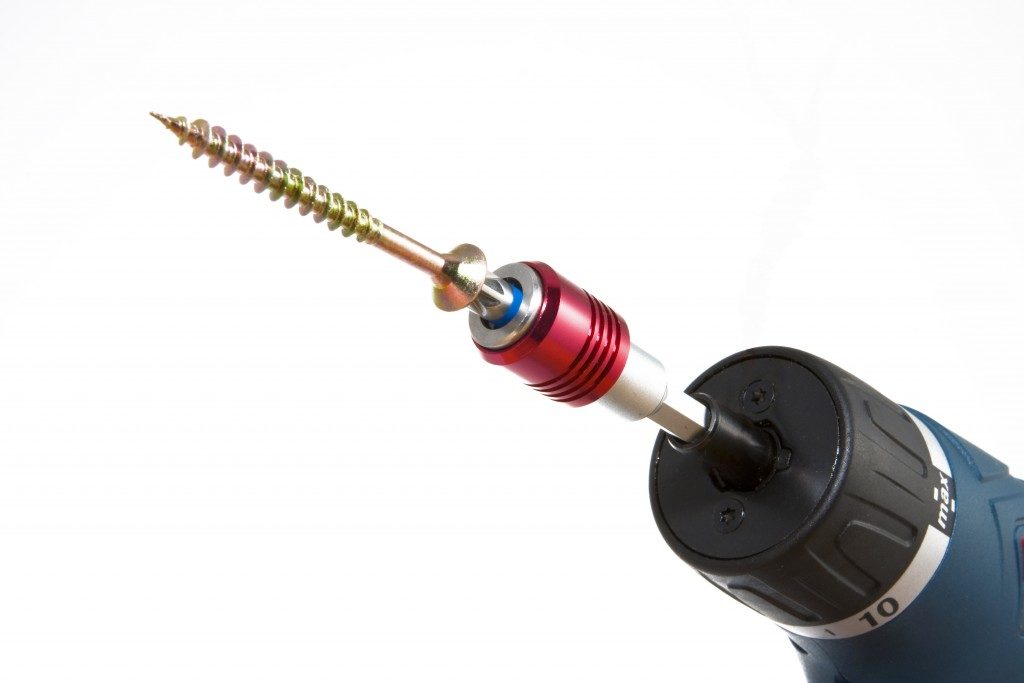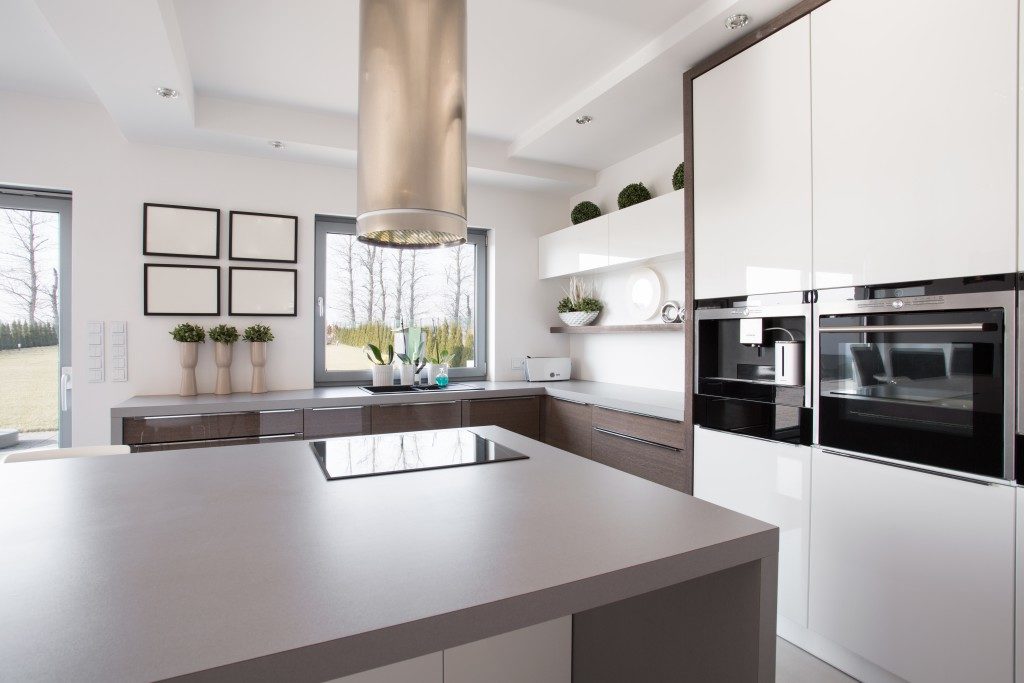It’s reasonable to want a big house, especially if you have children or working from home. The liberty of space has plenty of benefits, even if you’re not a family of five. During the coronavirus era, the world will continue to see the rise of remote work and distance learning, and having a dedicated space for each makes the new normal easier to adapt to.
That said, acquiring a big house is definitely easier if you have the budget for it. But what if you don’t, and your only solution is to buy a fixer-upper? After all, haven’t a lot of people done it and produced incredible results? Before signing any dotted line, it’s worth contemplating the matter again to determine if this is truly the route for you.
The truth about fixer-uppers
Fixer-uppers come in all shapes and sizes. Some need only minor renovations, and those that are in such bad shape that you’ll need a major overhaul. Some first-time homeowners can be attracted to the low prices that they don’t make a sound decision. The cost of renovating turns out to be bigger than the overall cost of purchasing the house, and in the long-run, they start to feel like they went for the wrong deal.
Apart from cost, consider the time it will take to actually convert the less-than-pleasant house you’ll buy into your dream one. If you’re having your renovations financed, you may be limited to one project at a time. These individual projects, too, can last for months, and by the time you actually get to fixing the deck, two years would’ve passed since your purchase.
Unless you’re a DIY connoisseur with the skills and the time to dedicate to home renovations, expect that you may live in an aesthetically displeasing and functionally-lacking home for a year or two at least.
Look around again
Some will view this as a challenge, and others will realize that maybe a fixer-upper will give them more of a headache than a reprieve. Should this be the case for you, dedicate the next couple of months adding to your savings and scouting for new housing deals. Are you thinking of relocating to areas around Melbourne? Be on the lookout for news on real estate. Talk to your friends and family about communities you haven’t considered before.
Getting a big land with a small house is easier to work with in the long run. The same applies to a good house you can expand in the future. You’ll be better able to control the costs and the timing without compromising your lifestyle quality.
Preparing yourself for the commitment

Are you still convinced that a fixer-upper is the way to go? Equip yourself for the challenge by educating yourself with all the steps you’ll have to do to get it right. This includes talking to a contractor to have a house assessed before you buy it. Even when it comes to fixer-uppers, hunting for the right one for you will require time, energy, and expert advice.
Go for the ones that need the least renovating, and have a plan drawn out as soon as possible. Armed with this, you’ll be able to plan costs and prioritize improvements accordingly.
Perhaps the most important of all is to know which ones you can DIY and which ones you should leave to a contractor. This is primarily for safety purposes because while DIY improvements can save you money, it can also compromise your safety if not done well.
Take your time
Buying a house, regardless if it’s one that’s ready for occupancy or a fixer-upper, should never be done in haste. Do all the research you need and allot a certain number of weeks or months for assessing your options. At the end of the day, what’s important is that you get a house you can manage and bring you joy.



